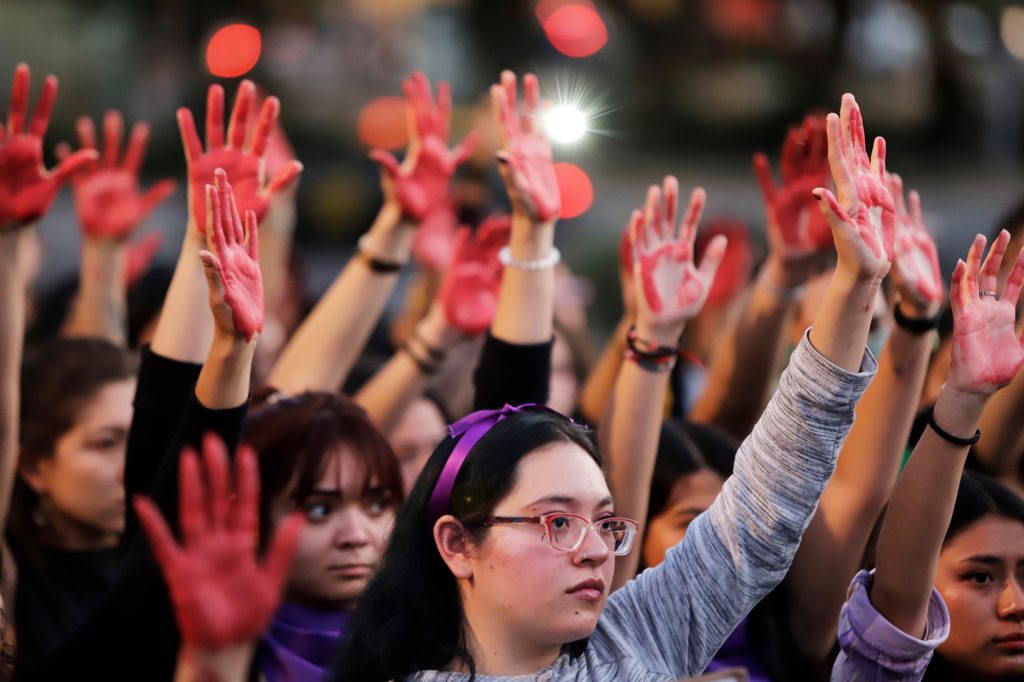In Mexico, an average of 27 girls are murdered every month. According to the Network for the Rights of Children in Mexico (REDIM), the three main causes of the increase in violence against girls are 15 years of “war” and militarization of the country, misogyny and non-recognition of children’s rights, and public policies that do not prioritize the rights of women and girls.
Between 2015 and 2020, 1,962 girls were murdered. Over 700 minors were found murdered on public roads, and 558 in their own homes. According to Mexico’s National Institute of Statistics and Geography, 2018 was the most violent year, with 367 recorded murders. Human rights organizations argue that the real figures are likely much higher, as these crimes often go unreported or are dismissed by local jurisdictions.
According to REDIM, girls between the ages of 15 and 17 have a 36 percent probability of being murdered and a 30 percent probability of being victims of forced disappearance. Girls who are two years old and younger, as well as those between 13 and 17, are particularly vulnerable. The methods of murder for the youngest victims are more cruel and dehumanizing, a symptom of increased social decomposition and misogyny.
Despite speeches in favor of women’s rights by the government of President López Obrador, violence against girls has only increased in several states, such as Zacatecas, Veracruz, and Guanajuato. In the latter state, the murders of minors increased from nine to 46 between 2015 and 2020. The State of Mexico, which accounts for a large part of these crimes at the national level, is a paradigmatic example of the combination between structural conditions of violence and impunity.
The pandemic has exacerbated this situation at a global level as well as in Mexico. The Center for Research and Gender Studies of the National Autonomous University of Mexico reported a 45.8 percent increase in emergency calls for cases of violence against women. The National Network of Shelters also reported an 81 percent increase in the number of cases handled. Femicide has increased by 7.7 percent according to government figures, and protection orders increased by 8.4 percent. Sexual violence, in particular, is one of the scourges affecting minors aged 13 to 14.
Being a minor — which in an adult-centered system implies having no personality or voice — is one more division by asymmetrical power relations and oppression that capitalism deploys, much like being poor, a migrant, indigenous, or trans. In a context of violence and a loss of rights, these characteristics increase vulnerability and exposure.
The State Is Responsible
The state is responsible for this deadly situation facing women and girls in Mexico. Femicides are the product of a framework of weak measures adopted by the government, as well as social decomposition, militarization, and high levels of impunity — in Mexico, over 98 percent of crimes are unsolved. Housing, health, education, sports, culture, healthy food, and a life free of violence are some of the rights that the Mexican State owes children. These rights can only be won by the mobilization of millions in the streets.
It is only by winning these rights for children and youth that we can effectively put an end to this system governed by the rich who build their profits at the expense of the lives of millions. As Marx says, “before everything else, the children and juvenile workers must be saved from the crushing effects of the present system.” The emancipation of childhood is not a “pious wish” but a driving force on the road to the emancipation of humanity.
Originally published in Spanish on November 29 in La Izquierda Diario.
Translation by Otto Fors










